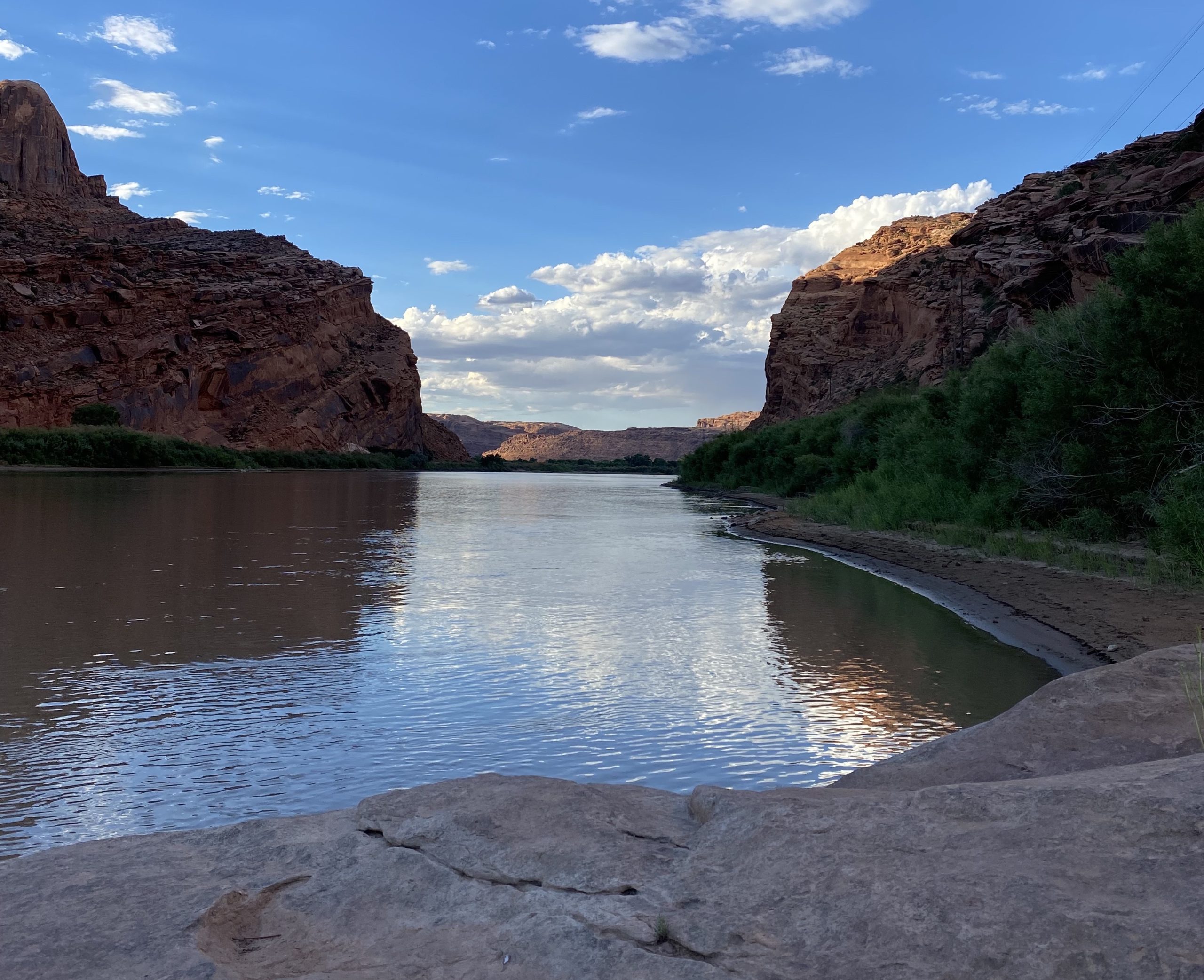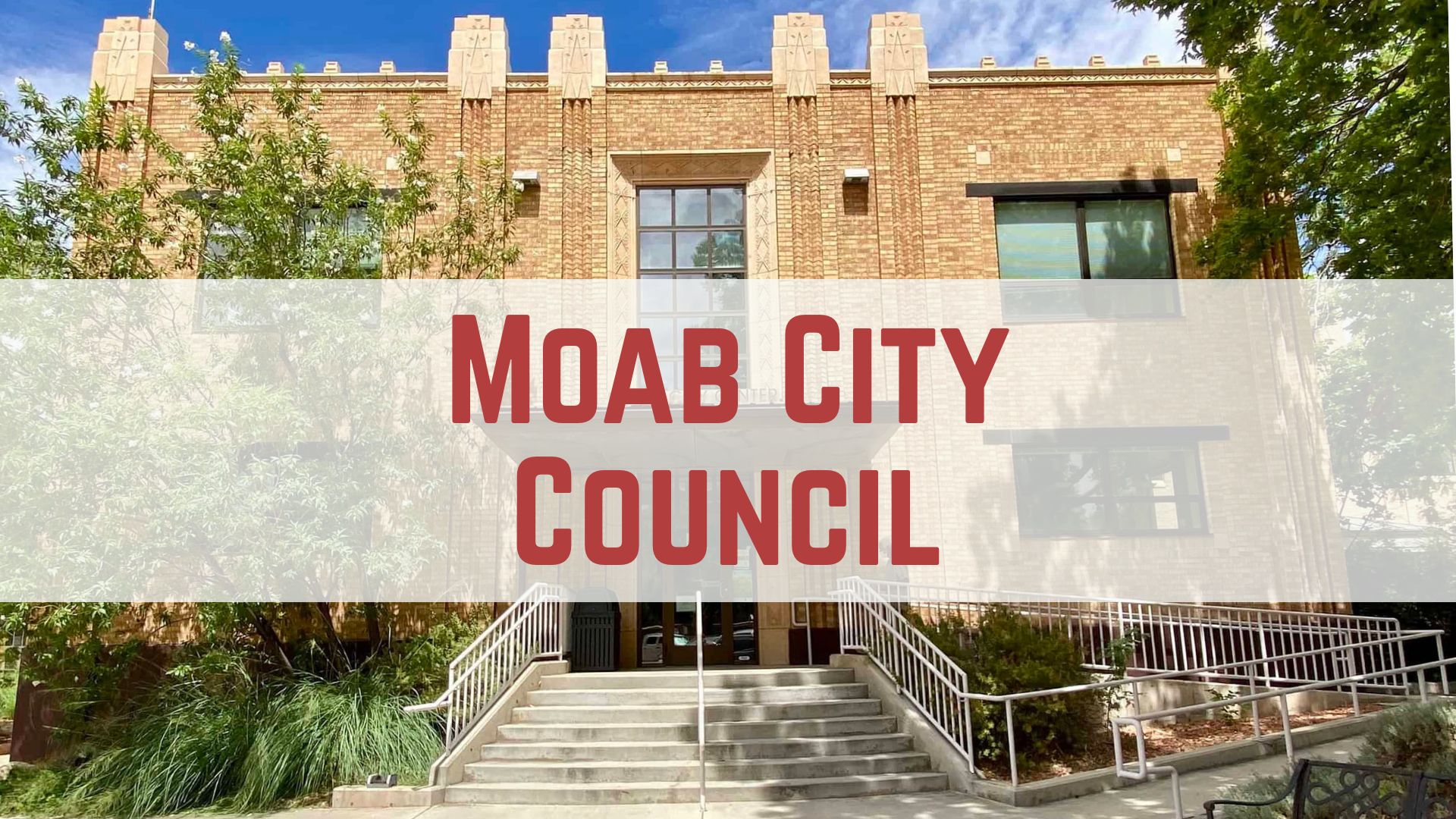Some information may be outdated.
At their Jan. 17 meeting, Grand County commissioners heard a presentation from Lily Bosworth, staff engineer for the Colorado River Authority of Utah, on a water conservation pilot program.
The Colorado River Authority of Utah was established by the Utah State Legislature in 2021. Ongoing drought and growing evidence that the river cannot support the demand being placed on it by users have strained water infrastructure, policies and agreements across the Southwest; the stated mission of the Colorado River Authority is to “protect, preserve, conserve, and develop Utah’s Colorado River system interests.” The Authority is overseen by a six-member board as well as the governor.
The Authority has developed a five-year management plan with three priority areas: measurement; hydrology and operations; and drought mitigation.
The 2023 System Conservation Pilot Program is designed to give municipal, industrial and agricultural water users in the Upper Colorado River Basin the opportunity for temporary, voluntary, compensated water use reduction. Government entities, including special service districts, are eligible.
A similar conservation program ran in the Upper Basin states—Colorado, New Mexico, Utah and Wyoming—from 2015-2018, and explored potential meaningful conservation opportunities. In 2022, Bureau of Reclamation Commissioner Camille Calimlim Touton asked water managers in the Colorado River Basin to reduce their water use by 2-4 million acre feet. That call prompted managers to get the pilot conservation program reauthorized and running again.
Bosworth explained that the program is not a “buy and dry” model, a phrase used to describe when a water right is purchased with the intent of never using it again, usually in an agricultural context, when formerly farmed lands are fallowed. Instead, Bosworth said, the SCPP can be “an option to forego water use for a year but still get some compensation.” Water conserved through the SCPP program would not be subject to Utah’s water right abandonment clauses.
She also noted that the SCPP is not a “demand management” program, where conserved water would be “shepherded” to where it’s needed.
“Long term, the Authority is hoping to move towards a demand management program so we can get credit in the Upper Basin for conservation,” Bosworth said. “But this year—too many moving parts to do that in time for the current season effectively.”
The program was only reauthorized in late December, and proposals are due on Feb. 1.
The SCPP is funded by the 2022 Federal Inflation Reduction Act, which included $4 billion for the Bureau of Reclamation for drought mitigation. $125 million of those funds are available to the Upper Colorado River Commission, which is administering the SCPP along with the Colorado River Authority of Utah.
Appreciate the coverage? Help keep local news alive.
Chip in to support the Moab Sun News.





